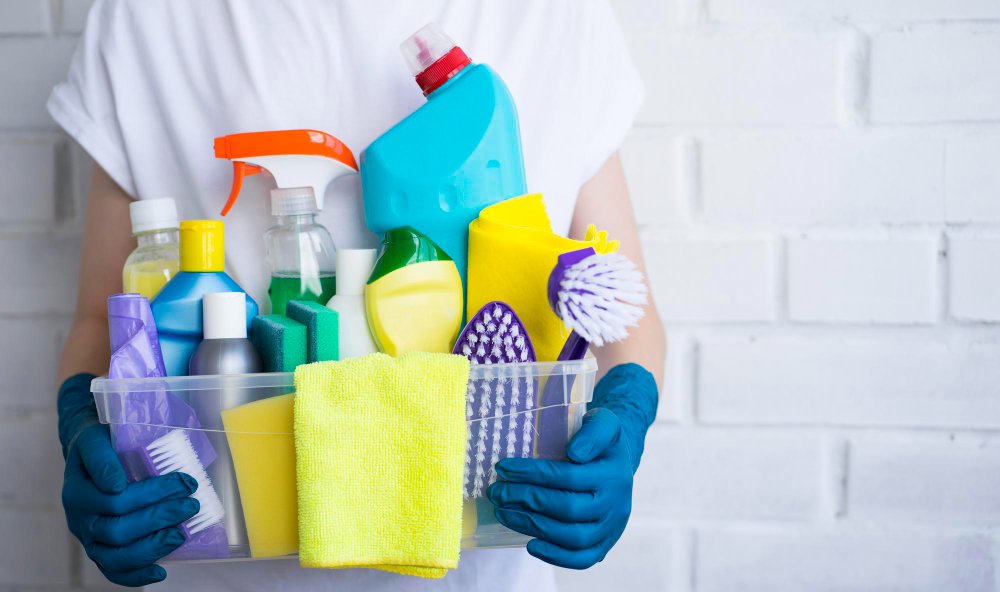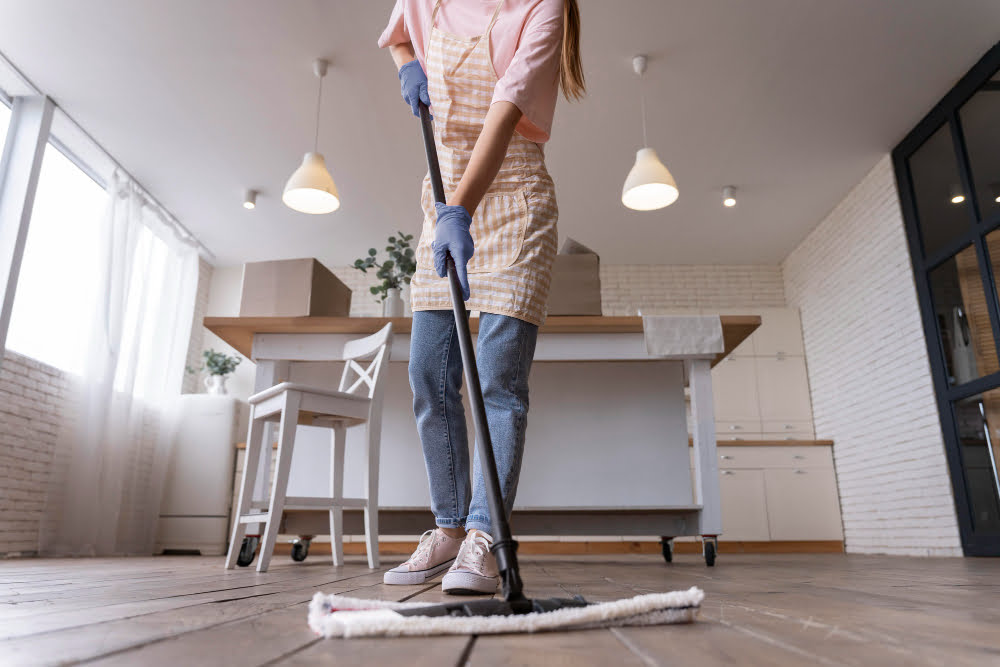Discover how indoor air pollution affects your sleep quality and overall wellness, and learn practical solutions to improve your home’s air quality.
As the night sky enveloped the city, I lay in bed, exhausted from a long day at work. Yet, despite my fatigue, I found myself tossing and turning restlessly.
My mind was foggy and my body felt heavy. It wasn’t until I stumbled upon an article about indoor air pollution that it hit me – the culprit behind my restless nights might be lurking in the very air I breathe.
Indoor air pollution is a silent but deadly threat to our health and wellness. From dust mites to mold spores, pollutants can infiltrate our homes and affect everything from our sleep quality to our overall well-being.
As an expert blogger on home air quality, I have seen firsthand how these invisible enemies can wreak havoc on our lives.
In this blog post, we will explore the effects of indoor air pollution on sleep quality and overall wellness. From sharing personal anecdotes to providing scientific evidence-backed insights into how pollutants impact us physically and mentally – this post will help you understand why paying attention to your indoor air quality should be a top priority for anyone looking to lead a healthy lifestyle.
So sit back, grab your favorite beverage (I recommend chamomile tea), and let’s dive into this important topic together!
The Hidden Enemy: Indoor Air Pollution

The hidden enemy that had been affecting my sleep quality was indoor air pollution. I realized that the very air I breathe in my home could be filled with pollutants such as dust, pet dander, and mold spores.
These tiny particles can cause a range of health problems from allergies to respiratory issues and even affect our mental well-being.
Indoor air pollution is often overlooked because it’s invisible to the naked eye. We may not see or smell anything unusual in our homes, but that doesn’t mean we’re breathing clean air.
In fact, studies have shown that indoor air can be up to five times more polluted than outdoor air.
The sources of indoor pollutants are numerous – from cleaning products and cooking fumes to furniture materials and building materials used during construction or renovation work. Even pets contribute their fair share of allergens into the mix!
It’s important for us all to understand how these pollutants impact our health so we can take steps towards improving our living environment for better sleep quality and overall wellness!
Sleep Quality: A Victim of Polluted Air

As I delved deeper into the world of indoor air quality, I discovered that poor sleep quality is one of the most common side effects of breathing in polluted air. The reason behind this is simple – when we breathe in pollutants such as dust mites, pet dander or mold spores, our body reacts by releasing histamines and other chemicals to fight off these invaders.
This can lead to inflammation and irritation in our respiratory system which makes it harder for us to breathe properly.
When we struggle with breathing during sleep due to poor indoor air quality, it can cause a range of issues like snoring or even sleep apnea. These conditions disrupt our natural sleeping patterns leading us towards restless nights where we wake up feeling tired and groggy instead of refreshed.
I remember how my own struggles with allergies had led me down a path where getting restful sleep seemed impossible at times. But once I started paying attention to my home’s indoor air quality levels through regular cleaning routines and investing in an efficient HVAC system along with an effective filtration unit- things began changing for the better!
If you’re someone who has been struggling with getting good-quality shut-eye lately despite following all conventional wisdom on healthy sleeping habits- then perhaps it’s time you looked beyond your mattress type or bedtime routine! Take some time out today; assess your home environment carefully – identify any potential sources contributing towards pollution indoors (like smoking inside) before they start affecting not just your slumber but also overall wellness!
Wellness Woes: How Poor Air Affects Health

As I delved deeper into the topic of indoor air pollution, I was shocked to discover just how much it can impact our health. From respiratory issues to skin irritation and headaches, poor air quality can cause a range of wellness woes that we may not even realize are related.
One study found that exposure to high levels of indoor pollutants could increase the risk of developing chronic obstructive pulmonary disease (COPD), a progressive lung disease that makes breathing difficult. Another study linked poor indoor air quality with an increased risk for heart disease and stroke.
But it’s not just physical health that is affected by polluted air – mental well-being can also take a hit. Research has shown links between exposure to certain pollutants and depression, anxiety, and cognitive decline in older adults.
It’s clear that taking steps towards improving our home’s air quality is crucial for maintaining good overall health. And one area where this becomes particularly important is when it comes to sleep – something many people struggle with already without adding additional obstacles like poor-quality oxygen or allergens into their environment!
Common Culprits of Indoor Pollution

As I delved deeper into the world of indoor air pollution, I discovered that there are several common culprits that can contribute to poor air quality in our homes. Dust mites, pet dander, and mold spores are just a few examples of pollutants that can wreak havoc on our respiratory systems and overall health.
In my own home, I realized that my beloved furry friend was likely contributing to the problem. As much as I loved snuggling up with him on the couch after a long day at work, his shedding was causing an increase in airborne allergens.
Dust buildup from everyday activities like cooking or cleaning could also be contributing to poor indoor air quality.
But it wasn’t until I learned about volatile organic compounds (VOCs) – chemicals emitted by household products such as cleaners and paints – did it hit me how many hidden sources of pollution were lurking within my home’s walls.
These common culprits may seem harmless enough individually but when combined they create a toxic cocktail capable of disrupting sleep patterns and negatively impacting overall wellness. In fact studies have shown links between exposure to these pollutants over time with increased risk for chronic diseases such as asthma or even cancer!
It became clear: if we want better sleep quality and improved health outcomes we need take steps towards improving our indoor environment starting with identifying these common sources of pollution!
Breathe Easy: Tips for Cleaner Home Air

1. Keep your home clean: Regularly dusting surfaces, vacuuming carpets and rugs, and wiping down countertops can help reduce the amount of dust particles in your home.
2. Invest in an air purifier: An air purifier can filter out pollutants such as pet dander, pollen, and mold spores from the air you breathe.
3. Open windows for ventilation: Letting fresh outdoor air circulate through your home can help dilute any indoor pollutants.
4. Use natural cleaning products: Many household cleaners contain harsh chemicals that release volatile organic compounds (VOCs) into the atmosphere – opt for natural alternatives instead!
By implementing these simple changes to my daily routine at home, not only did I notice a significant improvement in my sleep quality but also felt more energized throughout each day! Remember – taking care of our health starts with taking care of our environment!